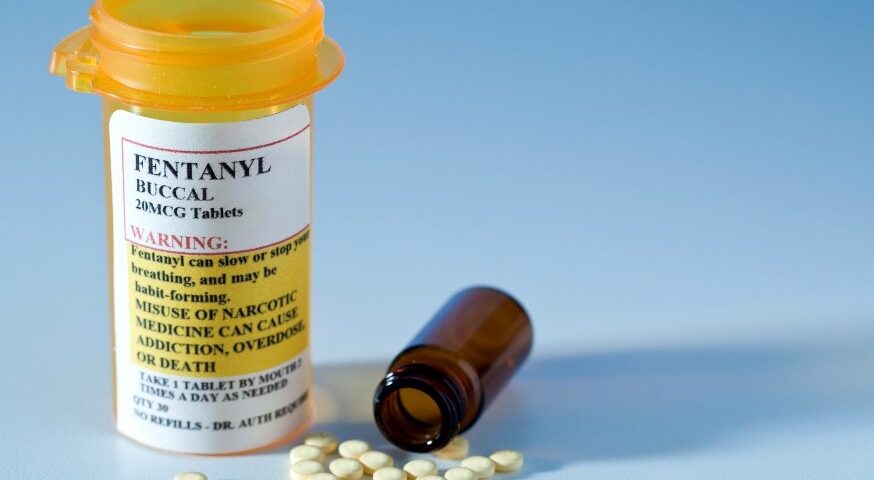Everything You Need To Know About Fentanyl Abuse
July 2023 Newsletter
June 30, 2023August 2023 Newsletter
August 3, 2023Fentanyl was said to be invented in the 1960s to treat patients suffering from chronic, severe, or acute pain. It’s a synthetic opioid that is more potent than heroin and a hundred times stronger than morphine. It is typically prescribed in different forms, such as lozenge, spray, tablet, and transdermal patch.
Due to its potency, fentanyl carries a high risk of abuse. People can become dependent on it, which can sometimes lead to addiction.
Signs and Symptoms of Fentanyl Addiction, Abuse, Overdose, or Withdrawal
Fentanyl addiction, abuse, or withdrawal has behavioral, emotional, and physical signs and symptoms you should watch out for. Here are some of them:
Fentanyl Abuse or Addiction
- Constipation, nausea, or vomiting
- Dizziness or drowsiness
- Fatigue
- Mood changes
- Slurred speech and incoordination
- Swollen hands and feet
- Opening fentanyl patches to eat their contents
- Purchasing fentanyl illegally from drug dealers or from individuals who may have a lawful prescription
- Searching the Internet for people who sell fentanyl
- Showing fear at the thought of having no access to fentanyl
- Taking more dosage of fentanyl than what is prescribed
- Using fentanyl continuously despite its negative effects
Fentanyl Overdose
- Back pain
- Depression
- Diarrhea
- Lack of interest in participating in social activities
- Loss of strength
- Muscle stiffness
- Slow or shallow breathing
Fentanyl Withdrawal
- Backache
- Cold flashes with goosebumps
- Diarrhea and vomiting
- Fast breathing
- High blood pressure
- Increased heart rate
- Irritability or anxiety
- Joint pain
- Muscle and bone pain
- Nausea
- Overall weakness
- Restlessness
- Runny nose or watery eyes
- Severe cravings
- Sleep problems
- Stomach cramps
- Sweating or chills
- Uncontrollable leg movements
- Widened pupils
- Frequent yawning
How Fentanyl Overdose, Addiction, and Abuse Are Treated
When given immediately, multiple doses of naloxone can treat fentanyl overdose. It can rapidly bind to opioid receptors and block the effects of the drug. It’s available as a nasal spray and injectable solution. For fentanyl addiction or abuse, medication along with behavioral therapies are typically used as treatment.
Get in Touch With Drug Screen Compliance Today!
If you know or suspect someone who’s overdosing or abusing fentanyl, reach out to Drug Screen Compliance immediately. We offer rapid testing services for such opioid drugs and generate the results in just a few minutes.
Aside from offering quality drug testing services, we are also committed to providing treatment and recovery options for people with substance abuse problems. Call us now at (432) 332-9421 to schedule an appointment.





